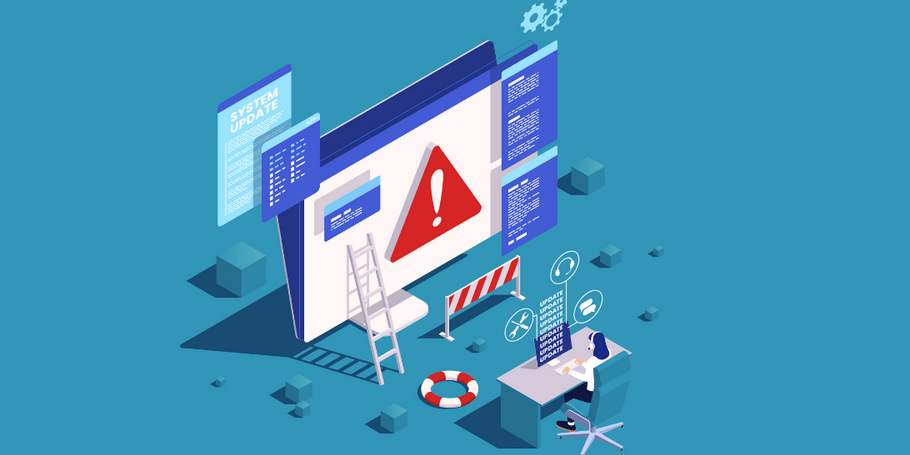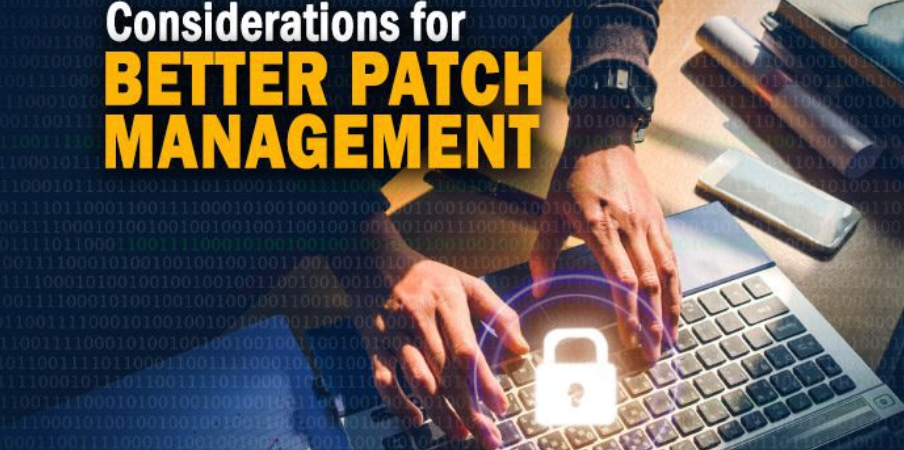Compliance audits refer to systematic and independent evaluations conducted by organizations to assess their adherence to established regulations, standards, and internal policies. Many regulatory frameworks require organizations to undergo regular audits or assessments to verify their compliance with security and privacy requirements. These audits are performed by third-party assessors or regulatory authorities and are critical to ensuring that organizations are operating in accordance with legal requirements and industry best practices. Let’s explore this concept with an example in the context of PCI DSS.
Scenario: The same fictitious e-commerce company, “EuroKart,” processes credit card payments from customers. To ensure the security of cardholder data, EuroKart must comply with the PCI DSS.
Here is how it works:
- Audit planning: EuroKart initiates a compliance audit by establishing a clear plan. This includes defining the scope of the audit, identifying relevant PCI DSS requirements, and scheduling audit activities.
- Audit team: EuroKart assembles an audit team that may include internal or external auditors with expertise in PCI DSS compliance. External auditors often bring a fresh perspective and specialized knowledge.
- Data gathering: The audit team collects relevant data, documents, and evidence related to EuroKart’s cardholder data environment (CDE), security policies, procedures, and system configurations.
- Assessment and testing: The audit team evaluates EuroKart’s controls and security measures against specific PCI DSS requirements. This involves conducting vulnerability scans, penetration tests, and reviews of security policies and procedures.
- Interviews and documentation review: Auditors interview employees and review documentation to understand how EuroKart manages cardholder data, implements security controls, and responds to security incidents.
- Gap analysis: Auditors identify gaps or deficiencies in EuroKart’s compliance with PCI DSS requirements. They compare the current state to the standard’s specifications.
- Reporting and findings: The audit team compiles its findings into a comprehensive audit report. This report includes:
- Details of the audit scope and methodology
- An assessment of compliance with specific PCI DSS requirements
- A summary of findings, including any non-compliance issues or vulnerabilities
- Recommendations for remediation and improvements
- Remediation: EuroKart uses the audit report to address identified issues. This may involve updating security policies, implementing additional security controls, or conducting employee training.
- Follow-up: Auditors may conduct follow-up assessments to verify that EuroKart has addressed identified deficiencies and is now in compliance with PCI DSS.
- Documentation and compliance records: EuroKart maintains all audit-related documentation and compliance records, which are crucial for demonstrating PCI DSS compliance to stakeholders and during future audits.
A compliance audit focused on PCI DSS ensures that EuroKart’s processes and security controls meet the standard’s requirements for handling credit card data. By regularly conducting these audits, EuroKart not only ensures its compliance but also enhances the security of cardholder information, reduces the risk of data breaches, and maintains the trust of customers and payment card companies.



